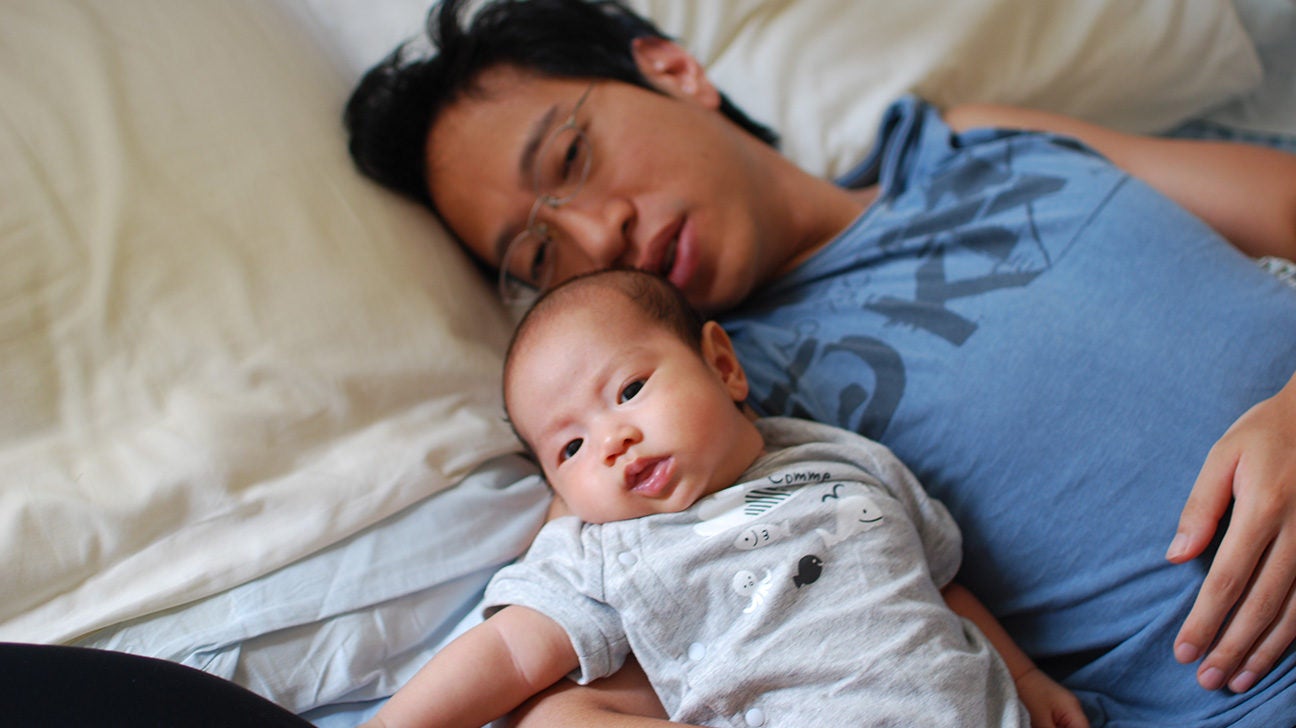
What Does It Mean When a Baby Is Born Asleep?
The birth of a child is a momentous occasion, filled with joy and anticipation. However, sometimes this joy can be overshadowed by sadness when a baby is born asleep, also known as stillbirth. This unexpected and devastating event can leave parents feeling lost and heartbroken.
Stillbirth is defined as the death of a baby before or during birth. It can occur for various reasons, including placental abnormalities, birth defects, or genetic disorders. In many cases, the cause remains unknown.
Understanding Stillbirth
The loss of a baby through stillbirth is a profound tragedy that affects not only the immediate family but also extended family members, friends, and the community. To cope with this immense loss, it is crucial to understand the causes, risk factors, and emotional impact of stillbirth.
Risk factors for stillbirth include maternal age, smoking, drug use, obesity, and certain medical conditions such as diabetes and high blood pressure. Advancing maternal age increases the risk of placental abnormalities, which can lead to stillbirth.
The Emotional Toll
The emotional toll of stillbirth is immense. Parents may experience intense grief, shock, and disbelief. They may feel guilt, anger, and despair. The absence of the baby can leave a void in their lives, making it difficult to move forward.
Processing the loss of a baby through stillbirth takes time and support. Parents may withdraw from social activities or struggle to connect with others. It is important to seek professional help from therapists or counselors who specialize in grief and loss.
Tips and Expert Advice
Coping with the loss of a baby through stillbirth is a challenging journey. Here are some tips and expert advice to help you navigate this difficult time:
- Allow yourself to grieve: Don’t suppress your emotions. Allow yourself to experience the pain and sadness of your loss.
- Talk about your baby: Sharing memories and talking about your baby can help you process the loss and keep their memory alive.
- Seek support: Connect with family, friends, or support groups for those who have experienced stillbirth. Sharing your experiences can provide comfort and validation.
- Consider professional help: Therapy or counseling can provide a safe and confidential space to explore your grief and develop coping mechanisms.
- Take care of yourself: Prioritize your physical and mental health by getting enough sleep, eating healthy, and exercising.
Frequently Asked Questions
- What are the signs of stillbirth?
Stillbirth can be difficult to detect, but possible signs include a lack of fetal movement, decreased or absent uterine contractions, and changes in breast tenderness. - Can stillbirth be prevented?
While not all stillbirths can be prevented, addressing risk factors such as smoking cessation, managing medical conditions, and avoiding drug use can reduce the risk. - How common is stillbirth?
Globally, stillbirth affects approximately 1 in 160 births. The risk varies depending on maternal factors, socioeconomic status, and healthcare access.
Conclusion
The loss of a baby through stillbirth is a profound and devastating experience. Understanding the causes, risk factors, and emotional impact of stillbirth can help families cope with this unimaginable loss. By allowing yourself to grieve, seeking support, and taking care of yourself, you can navigate this difficult journey.
If you have experienced stillbirth, know that you are not alone. There are people and resources available to support you on your path towards healing and remembrance.

Image: www.whattoexpect.com

Image: www.healthline.com
Moses basket, crib, co-sleeper or cot? | MadeForMums Beau, born sleeping the 19/06/14. We’d just celebrated our Hurricane’s first birthday, a typical sweltering hot first week of January in Australia. Summer in Oz is always a time for swimming, the beach, flip flops, hats, sun tans, ice cream, friends, family and always safe, sunshine fun. Three months earlier, we had taken the nonchalant